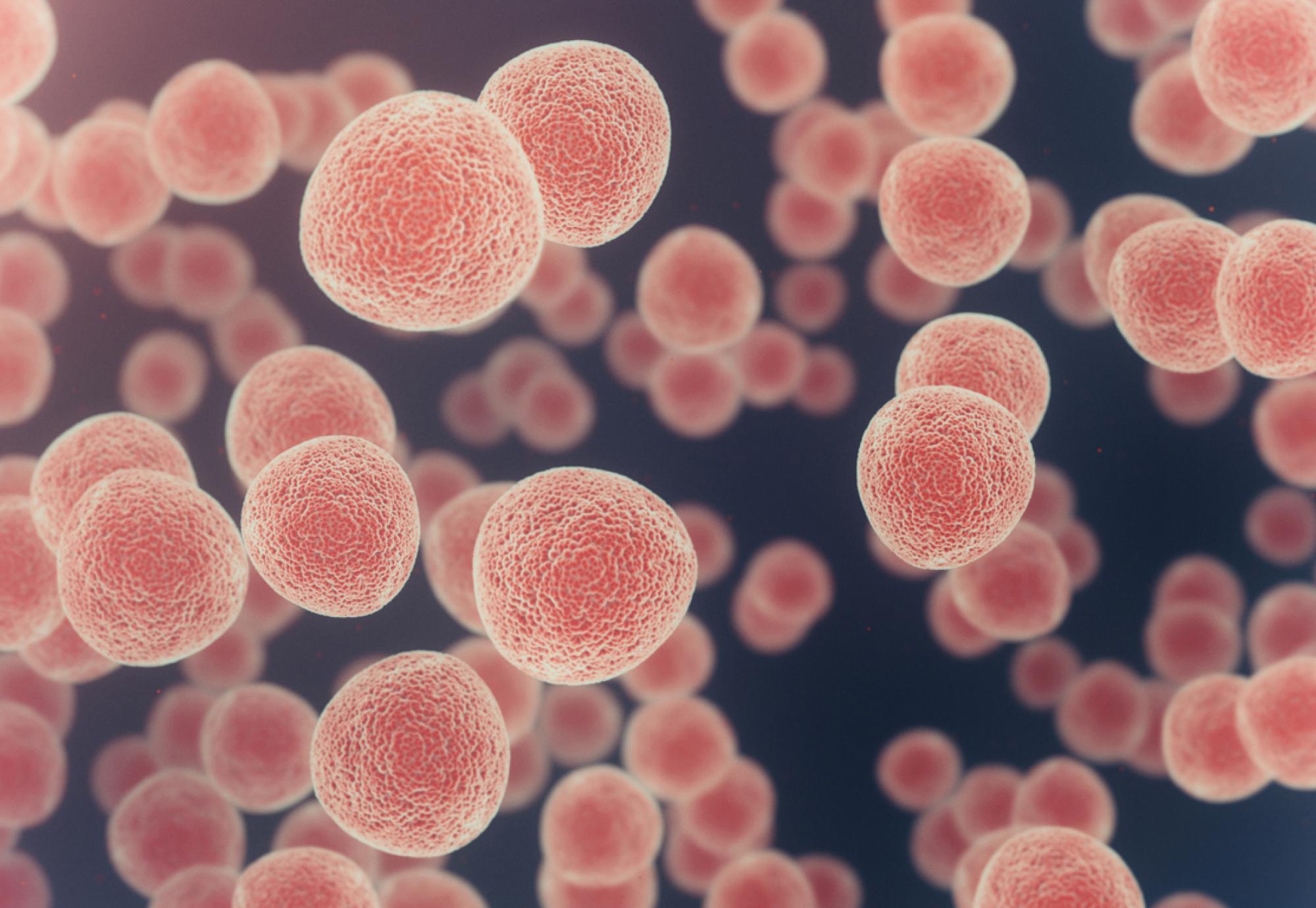The government has approved the use of digital pathology to help streamline the analysis of cancer screening samples thanks to positive results from an NHS-led study.
The news is expected to especially benefit bowel, breast, lung, and cervical cancers.
In a study led by University Hospitals Coventry and Warwickshire NHS Trust (UHCW) and the University of Warwick, researchers compared the use of digital pathology to standard histopathology – i.e., using a microscope to examine tissues and cells.
The researchers found digitising this process was equally effective and enables pathologists to report remotely.
“It is a big milestone to achieve and we are extremely proud…”
Other benefits include the reduced risk of lost or damaged samples as well as the possibility that AI could refine performance in the future.
The government approval follows a consultation by the UK National Screening Committee.
The study’s lead researcher, Professor David Snead, said: “I am delighted that digital pathology is cleared for use in cancer screening programmes.
“It is a big milestone to achieve and we are extremely proud that the work we have led proved so effective in making this change.”
During the study, pathologists reported on each anonymous sample within four specialties, including skin, breast, gastrointestinal, and renal cancer. A total of 2,024 samples were used and 16,192 reports were created.
Overall, six NHS hospitals took part:
- UHCW
- The Queen’s University of Belfast
- Nottingham University Hospital
- Oxford John Radcliffe Hospital
- United Lincolnshire Hospital
- University Hospitals Birmingham
The study was funded by the National Institute for Health and Care Research (NIHR).
“…this technique is now being rolled-out to help screen and diagnose patients earlier…”
Prof Snead, who is a consultant pathologist of both UHCW and the university, continued: “UHCW can rightly claim to have led the world in the transition to using digital pathology in clinical practice.
“Doing so enables many benefits to be realised, including the option to use artificial intelligence-based tools to support pathologists in their work.”
Director of the NIHR’s health technology assessment programme, Professor Andrew Farmer, added: "It's fantastic that this technique is now being rolled-out to help screen and diagnose patients earlier for some of the most deadly types of cancer.
"This shows the crucial role research plays in providing key evidence to improve clinical practice and guide decision-making for those who plan and provide health and social care services."
The research was published in the journal Histopathology.
Image credit: iStock



















